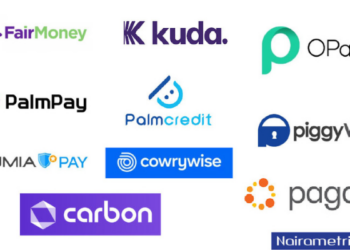Africa’s e-commerce group, Jumia, has announced drastic measures to significantly reduce its operating costs across its units.
As part of these measures, the company said it will reduce its staff costs by creating a “leaner” team. The company disclosed these in its Q3, 2022 financial results.
The company is also aiming to reduce its losses and move towards profitability through strategies that include discontinuing its First Party grocery offerings in geographies where it remains sub-scale, and reviewing its free shipping programme.
Jumia, which managed to reduce its operating loss by 33% from $64 million to $43.2 million, said it is now getting closer to profitability as the loss was its lowest in 6 quarters.
Cost-cutting measures: Highlighting its strategies to cut costs, the company said:
- “We intend to reduce staff costs by streamlining our management structure with a view to creating a leaner and more agile organization and locating senior leadership and decision centers closer to our consumers and sellers in Africa.
- “To support unit economics, we are increasing the minimum basket size threshold for free delivery and further restricting its geographical scope to focus on primary cities.”
The company said it is also suspending its logistics services to non-e-commerce clients in countries where it believes management efforts would be best invested in improving the logistics efficiency for the core e-commerce business.
Jumia, however, noted that it would continue developing this activity in a number of other countries such as Nigeria, Morocco, and Ivory Coast where logistics infrastructure is ready to support third-party volume and where proof of concept for this service has already been established.
Accentuating these strategies in his comments on the result, Acting CEO of Jumia, Francis Dufay, said:
- “We have a clear focus for the next chapter of our journey and are taking decisive action to support our path to profitability. We will bring more focus to the business, directing our efforts and resources to projects and activities that deliver tangible value to our consumers, sellers, and broader ecosystem participants. We are also enforcing tighter cost discipline and driving efficiencies across the full structure while enhancing the fundamentals of our core e-commerce business to drive usage growth.”
Focusing on JumiaPay: While cutting other areas of its business deemed unprofitable, Jumia said it would now focus more on its fintech business, JumiaPay. Specifically, the company said it will be expanding this business in Nigeria and Egypt, where it had previously obtained a paid license.
- “JumiaPay remains a core priority for us, and we will work on making it an even more effective enabler of our eCommerce business, focusing on a more targeted number of critical products and ventures. We will retain a disciplined approach to driving on-platform payment penetration, with disciplined marketing and consumer incentives spend,” the company stated.





















